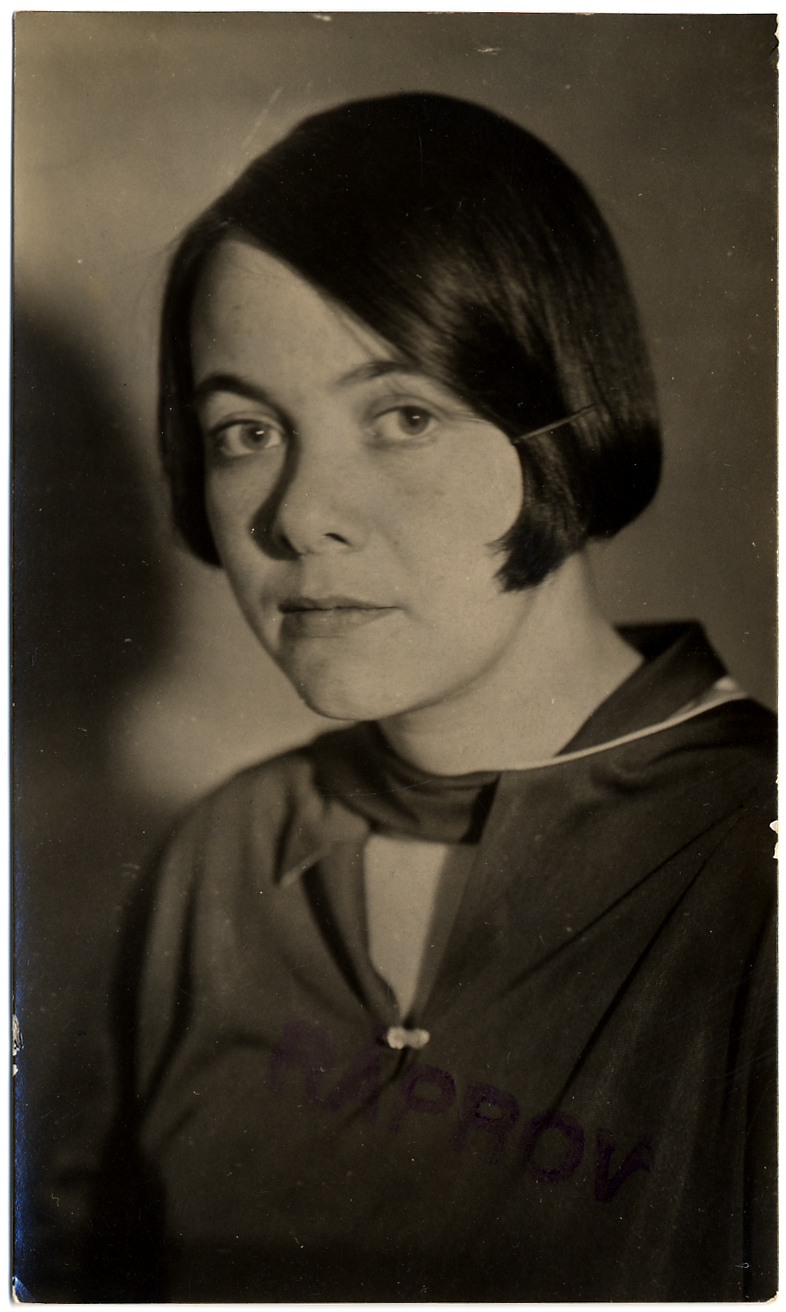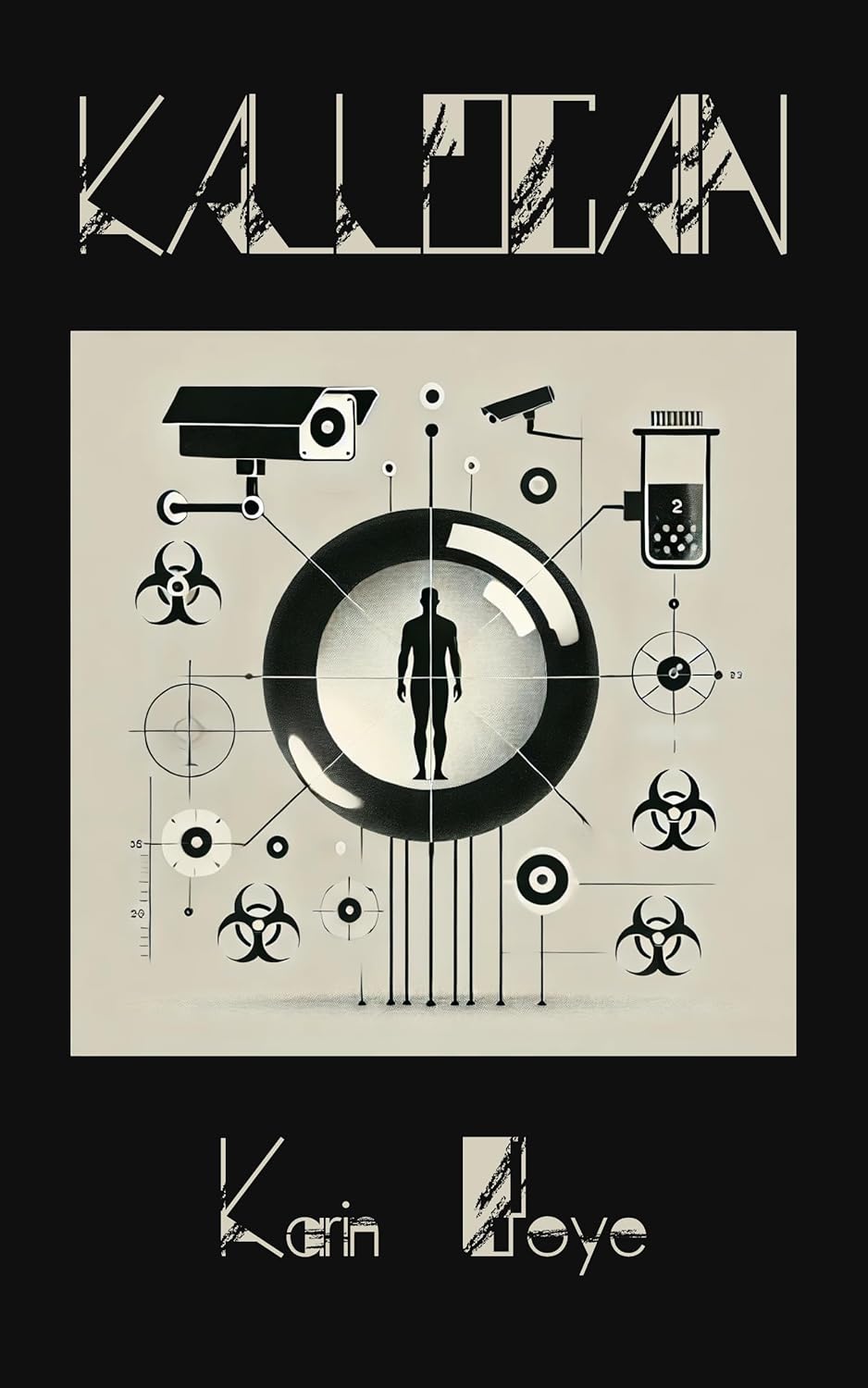Karin Boye: A Visionary Voice in Swedish Literature
Karin Boye, born on October 26, 1900, in Gothenburg, Sweden, is celebrated as one of the most profound and influential literary figures in Swedish literature. Renowned for her poignant poetry and the groundbreaking dystopian novel 'Kallocain,' Boye's work explores deep existential themes and the human condition. Her ability to blend personal struggles with universal questions has ensured that her legacy endures, continuing to inspire and resonate with readers around the world.

Early Life and Influences
Karin Boye, one of Sweden's most revered poets and authors, was born in 1900 in Gothenburg, Sweden. Her upbringing in a middle-class family, with a father who was an engineer and a mother who was deeply interested in literature, greatly influenced her intellectual and creative development. From an early age, Boye was drawn to literature and philosophy, finding solace and inspiration in the works of Friedrich Nietzsche, Sigmund Freud, and Rainer Maria Rilke. Her early exposure to these profound thinkers, combined with her introspective nature, laid the foundation for her future work as a writer. Despite the emotional struggles she faced throughout her life, Boye’s literary output remains a testament to her deep empathy, intellectual rigor, and unflinching exploration of human existence.
Education and Early Career
Karin Boye's academic journey began at the University of Uppsala, where she studied a wide array of subjects including literature, philosophy, and languages. During her university years, Boye became actively involved in the literary scene, contributing poems and essays to various publications. Her debut poetry collection, 'Clouds' ('Moln'), was published in 1922 and immediately garnered attention for its emotional depth and innovative use of language. Boye's early works reflected her existential questioning and a deep yearning for understanding in a world often marked by suffering. As she continued to write, Boye's reputation as a powerful voice in Swedish literature grew, solidifying her place as a significant figure in the modernist movement.
Breakthrough with 'Kallocain': A Visionary Dystopia
Karin Boye achieved widespread recognition with the publication of her novel 'Kallocain' in 1940. This dystopian masterpiece, set in a totalitarian state where citizens are constantly surveilled, was inspired by Boye's experiences in Nazi Germany and Stalinist Russia. 'Kallocain' tells the story of Leo Kall, a scientist who invents a truth serum that forces individuals to reveal their innermost thoughts. The novel is a chilling exploration of state control, the loss of individuality, and the dangers of blind obedience. 'Kallocain' not only established Boye as a leading literary figure in Sweden but also earned her international acclaim. Today, the novel is considered a classic of dystopian literature, often compared to the works of George Orwell and Aldous Huxley.
Read morePoetry and Personal Struggles
Karin Boye's poetry is characterized by its emotional intensity and profound existential themes. Her collections, such as 'The Hearths' ('Härdarna', 1927) and 'For the Sake of the Earth' ('För trädets skull', 1935), explore themes of love, loss, and the human condition. Boye's poetry often reflects her inner turmoil and struggles with her sexuality, societal expectations, and a deep sense of melancholy. Despite these challenges, Boye's work is infused with a sense of hope and a belief in the resilience of the human spirit. Her poem 'Yes, Of Course It Hurts' ('Ja visst gör det ont') remains one of her most famous and is celebrated for its raw emotional power and universal resonance.
Legacy and Lasting Impact
Karin Boye's untimely death in 1941 at the age of 40 marked the loss of one of Sweden's most gifted literary voices. Despite her short life, Boye's work has left an indelible mark on Swedish literature and continues to be studied and celebrated worldwide. Her ability to capture the complexities of the human experience, coupled with her visionary insights into the dangers of authoritarianism, make her a timeless and relevant figure. Boye's legacy lives on not only through her poetry and novels but also through the Karin Boye Society, which continues to promote her work and ensure that new generations discover her contributions to literature and thought.
